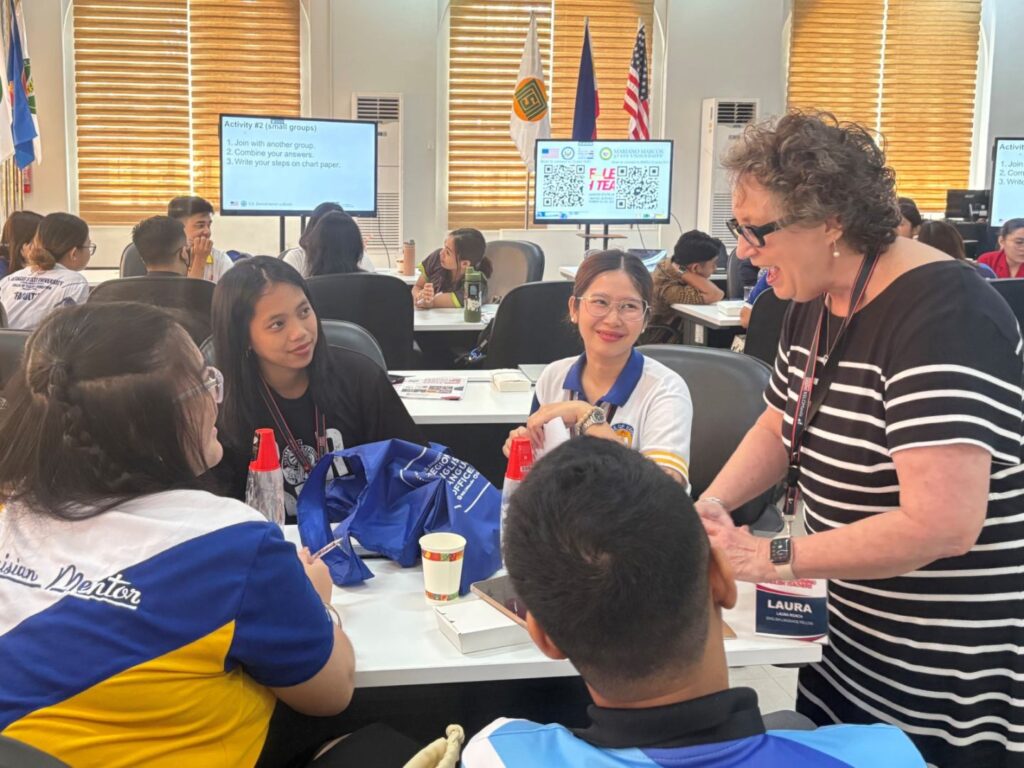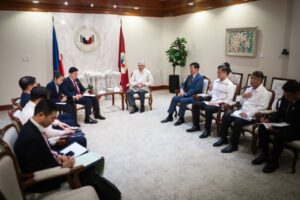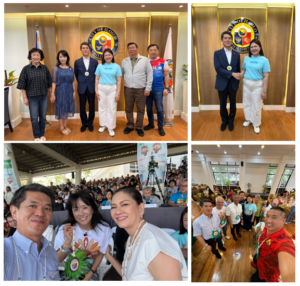
(A U.S. Department of State English Language Fellow facilitates a small group discussion with pre-service teachers at the recent U.S. Embassy’s “Moving Ideas to Impact: A Project-Based Learning Design Workshop” in Batac, Ilocos Norte.)
Three American experts from the U.S. Department of State’s English Language Fellows program trained 40 pre-service teachers from across the Philippines in Project-Based Learning, or PBL, a teaching method widely adopted in the United States where students learn by focusing on real-world problem-solving through hands-on projects.
Organized by the U.S. Embassy in Manila’s Regional English Language Office (RELO) and Mariano Marcos State University (MMSU) in Batac, Ilocos Norte, the “Moving Ideas to Impact: A Project-Based Learning Design Workshop” promoted PBL as a student-centered pedagogical approach rooted in the American educational philosophy that education must be active and connected to real life.
By focusing on practical methodologies drawn from American educational standards, the workshop equipped the next generation of Filipino educators with knowledge and tools to shift from traditional, lecture-based instruction to leading innovative, student-centered classrooms that encourage research, analysis, creativity, collaboration, and curiosity at a young age.
“The success of this workshop is a clear demonstration of our nations’ shared dedication to building educational excellence,” U.S. Embassy RELO Officer Jeff McIlvenna said. “By investing in these 40 pre-service teachers, we are strengthening our bilateral ties and ensuring that American innovations in education, like PBL, will multiply across Filipino classrooms and help improve learning among young Filipinos.”
By the end of the workshop, each participant crafted a Community-Connected PBL Blueprint—a ready-to-implement unit plan designed to address a local challenge or opportunity within their home communities.
“Each participant leaves as a ‘multiplier of knowledge’ who will shape their own institutions, preparing the next generation to be globally competitive and community-engaged citizens,” McIlvenna added. “This focus on immediate, tangible impact ensures the teachers’ newly acquired skills are applied directly to address needs in the Philippine educational system and the local community.”
This initiative is seen to reinforce the enduring partnership between the United States and the Philippines ahead of the 80th anniversary of US-PH bilateral relations and the 250th anniversary of U.S. independence in 2026. U.S. English language programs emphasize education as a critical pillar of cooperation and innovation through the development of English language learning and effective communication skills in the next generation of educators and their students.



